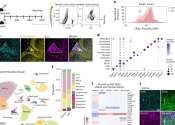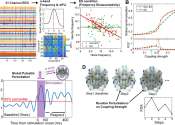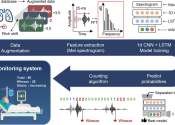How myeloid cell replacement could help treat autoimmune encephalomyelitis
Autoimmune conditions such as multiple sclerosis (MS) are disorders of the immune system associated in this case with demyelination of the central nervous system (CNS). The term demyelination describes damage to the layer ...









